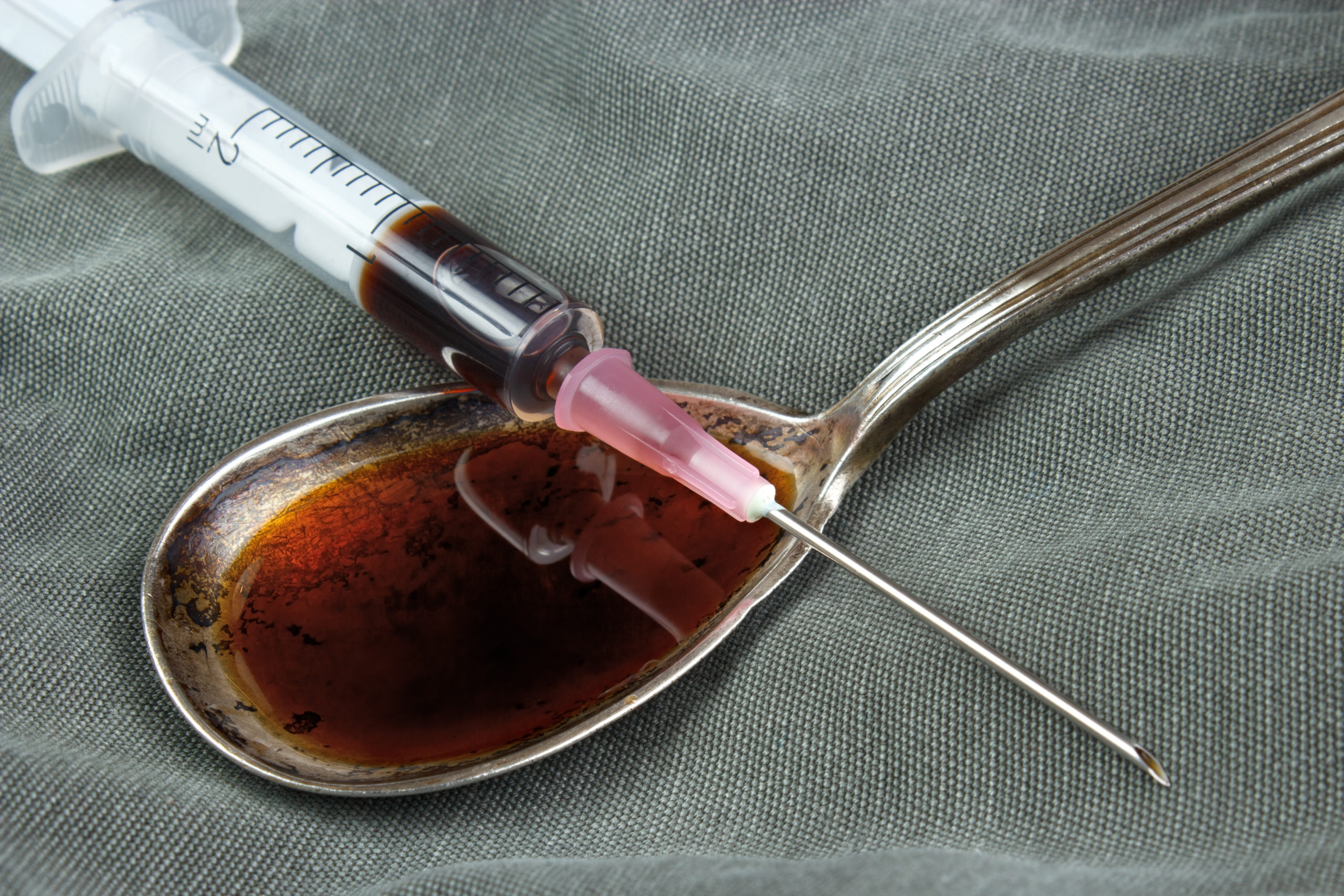The opioid epidemic is continuing to wreak havoc across the country, which has led to several red alerts in our own backyard. One important one that arose this week came from Los Angeles County Public Health officials, who issued a stern warning about black tar heroin strains that are being dealt throughout the city. This particular batch is reportedly contaminated with bacteria, which has led to wound botulism and, in several cases, death.
Our own local outlet, The Santa Clarita Valley Signal, plastered the warning on the front pages of their site. Sadly, this community has experienced a large share of ER visits and arrests related to the opioid crisis. And nationally, heroin use has been a major contributor to the problem. According to recent stats, it has now surpassed gun homicides as a leading cause of U.S. deaths.
In regards to the bacteria, the alert is primarily focused on intravenous users. Injecting the drug has shown the greatest risk for wound botulism, particularly if needles are inserted into people’s muscles. It is also worth noting that the contaminated batches look exactly like regular ones and “cooking” the drug will not kill the germ. Apparently the infections are not contagious between people, but if multiple users tap into the same batch, there is a high likelihood that botulism will occur.
The Department of Public Health also detailed the logistics related to these infections. At its core, botulism is a toxin which attack’s the body’s nerves; leading to muscle weakness. The primary warning signs to look out for are drooping eyelids, blurred vision, difficulty speaking, swallowing issues, shortness of breath and severe coughs. Often times, these symptoms can be mistaken for a drug overdose and may occur within days or weeks of injecting a contaminated batch.
San Diego, our neighbor to the south, recently suffered their own outbreak of this epidemic. It is thought that the contaminated heroin batches are related to shipments that came through that city.
As of right now, the biggest call to action is to visit the Substance Abuse Prevention and Control website or call their toll-free number at 844-804-7500 if you know someone experiencing symptoms, There are also educational resources about botulism that can be found via the Centers for Disease Control and Prevention website. We urge everyone to spread the word about this and work to get heroin-addicted loved ones into treatment immediately.







